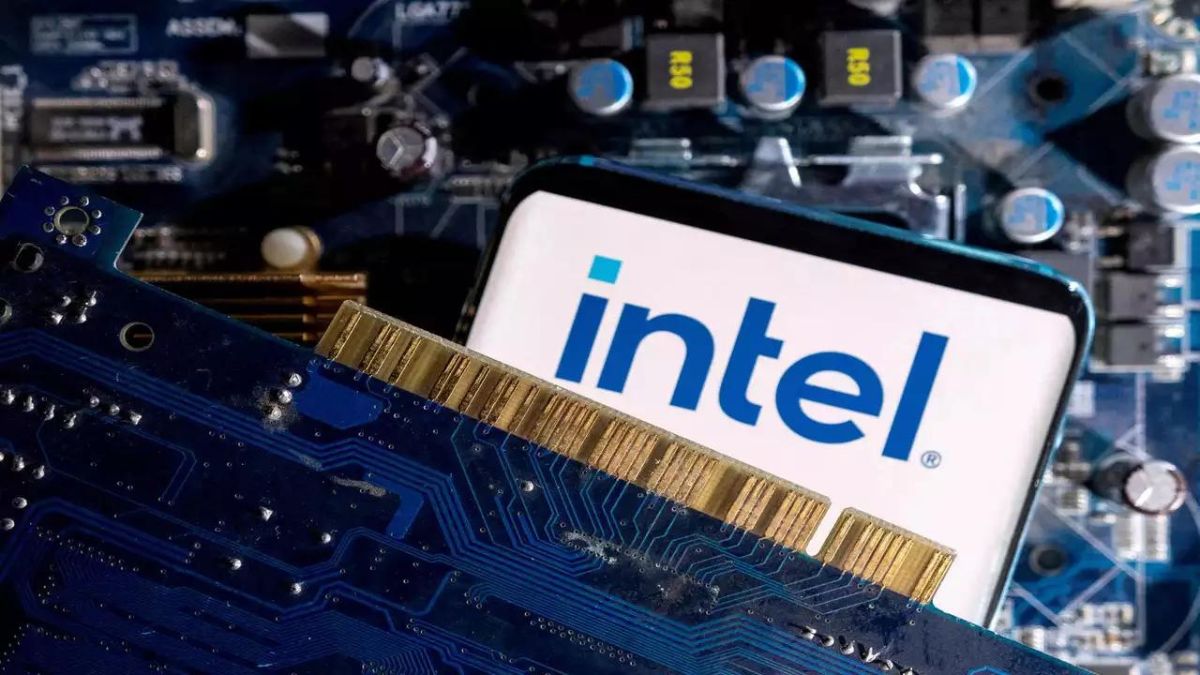Intel Corporation witnessed a significant drop in its stock value, declining over 10%, following the release of its outlook for the first quarter of 2024. Despite reporting better-than-expected results for the fourth quarter of 2023, the chipmaker’s projections for the upcoming quarter fell short of analyst forecasts.
In the quarter ending December 2023, Intel exceeded expectations with adjusted earnings per share of 54 cents, compared to the anticipated 45 cents, and revenue of $15.4 billion, surpassing the expected $15.15 billion. However, the optimism was short-lived as Intel’s outlook for Q1 2024 indicated adjusted earnings per share of 13 cents on sales ranging between $12.2 billion and $13.2 billion, below the LSEG consensus of 33 cents per share on $14.15 billion of revenue. The company also projected a net loss of 25 cents per share on a GAAP basis for the first quarter.
Intel’s CEO, Pat Gelsinger, attributed the weakened outlook to challenges in subsidiaries, including Mobileye and its programmable chip unit, as well as revenue decreases from businesses that Intel has spun off or sold. Gelsinger emphasized the health of the core businesses, such as PC and server chips, despite acknowledging an impact on overall sales.
The chipmaker reported net income of $2.7 billion, or 63 cents per share, a significant improvement compared to the net loss of $700 million, or 16 cents per share, in the same period the previous year. The fourth quarter marked the end of seven consecutive quarters of declining revenue, with a 10% growth from $14.04 billion in the fourth quarter of 2022.
Intel’s focus on its five-year plan, initiated by Gelsinger in 2021, involves catching up with Taiwan Semiconductor Manufacturing Co. in providing manufacturing services to other companies and enhancing its own branded chips. The company has been actively restructuring its operations, with efforts to cut costs, including workforce reductions and divestiture of certain business segments. Despite Intel’s positive emphasis on its transformation progress, investors reacted negatively to the subdued first-quarter outlook, causing the sharp decline in stock value.
Intel’s shares have witnessed a remarkable 74% increase over the past year, positioning the company as the largest semiconductor maker by revenue, according to Gartner. The chipmaker faces challenges from competitors, particularly in the context of evolving technologies such as artificial intelligence, where companies like Nvidia have gained prominence. Intel’s strategic moves in the coming months will likely shape its ability to sustain its market position and navigate the dynamic semiconductor landscape.


